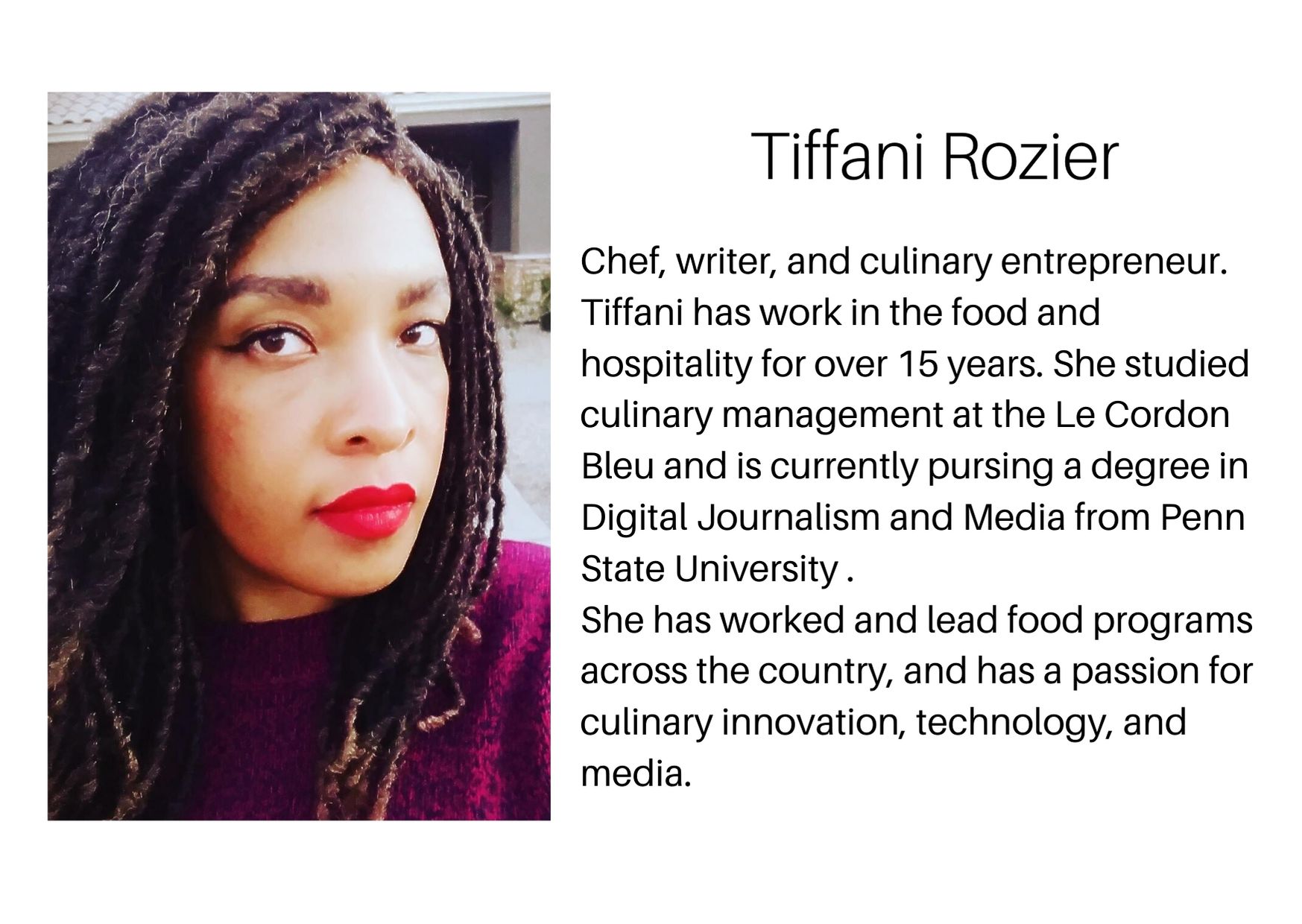A Seat At The African-American Table: How Social Eating Connects a Community
Article written by Tiffani Rozier:

The dining table is a sacred space within the African American community. As with all cultures, the African American family table is a space to share, grieve, and celebrate, but upon closer inspection, you discover a more important story to tell.
The practice of gathering to break bread plays a significant role in how African Americans socialize. If you have ever experienced the Black church dinner, the Black cookout, or the Black Thanksgiving, you know firsthand that those events carry unique energy. Smaller gatherings like Sunday Dinner is synonymous with the black experience. The meeting of black folks around a meal has been decades-long fodder for television and movies, often shown both humorous and intense snapshots of what media understands the black experience to be.
The pervasive nature of slavery, Jim Crow, and institutional racism have torn through the fabric of African American people, and the act of eating as a community has offered us the opportunity to be made whole once more. Forced separation a thread in the fabric of the Black experience in the United States. Starting with the dissolution of enslaved African families and tribal groups then forced migration, discriminatory housing laws, and mass incarceration. Human beings are relational creators, we require connections to survive, and these subjugated communities created pathways to new bonds through food. The value created through the forced labor of enslaved African and Indigenous peoples was the genesis of American cuisine and gave birth to New World agriculture. While the hands of my ancestors were directly responsible for how we eat today, they were not permitted share in the bounty that their work and intellect produced.
The stories about the African American community too often narrow their focus on the issues that divide us, such as black on black crime, absentee parents, and poverty. These challenges are ever-present and can overwhelm the more accurate narrative, which is that we use food as a conduit for peace and change. For example, during the Civil Rights Movement, leaders and activists would gather at an Atlanta restaurant called Paschal's to strategize and share a meal. In a time when many believed that the civil rights movement was a threat to democracy, this black-owned, family-owned establishment offered nourishment and sanctuary to leaders like Martin Luther King Jr., John Lewis, and Ralph David Abernathy. For as long as the black struggle has existed, so have these gathering places, and their center, a plate of food.
Food is powerful. It can destroy or build. Economically challenged, African American communities continue to battle food insecurity and malnutrition. Instead of access to grocery stores with quality products, poor neighborhoods rely on liquor or convenience stores, and fast-food restaurants. Food assistance programs like SNAP regulate where families can shop, what they can eat, and how much they can purchase. Food assistance dollars cannot purchase alcohol or cigarettes, that is reasonable and logical. However, those same SNAP/EBT dollars can be used to buy meals at Jack in the Box, Dairy Queen, Sonic, and other chains. This system has created a crisis by being both the problem and the monopolistic solution. It creates substantial gaps in families and communities through death and chronic illnesses like obesity, diabetes, and other food-related maladies. It is a subtle, racist tactic that is dismissed as a coincidence or even self-inflicted.
Sharing a meal with another human being is a powerful experience. It is one of the great pleasures of life that is share by everyone without prejudice. Eating as a family or community has far-reaching impact, both seen and unseen. It will always be an essential part of African-American culture because it has given us space to heal. Dining together has created a nation out of a displaced people.
Tiffani's LinkedIn profile:
Podcast:
Background vector created by pikisuperstar - www.freepik.com

